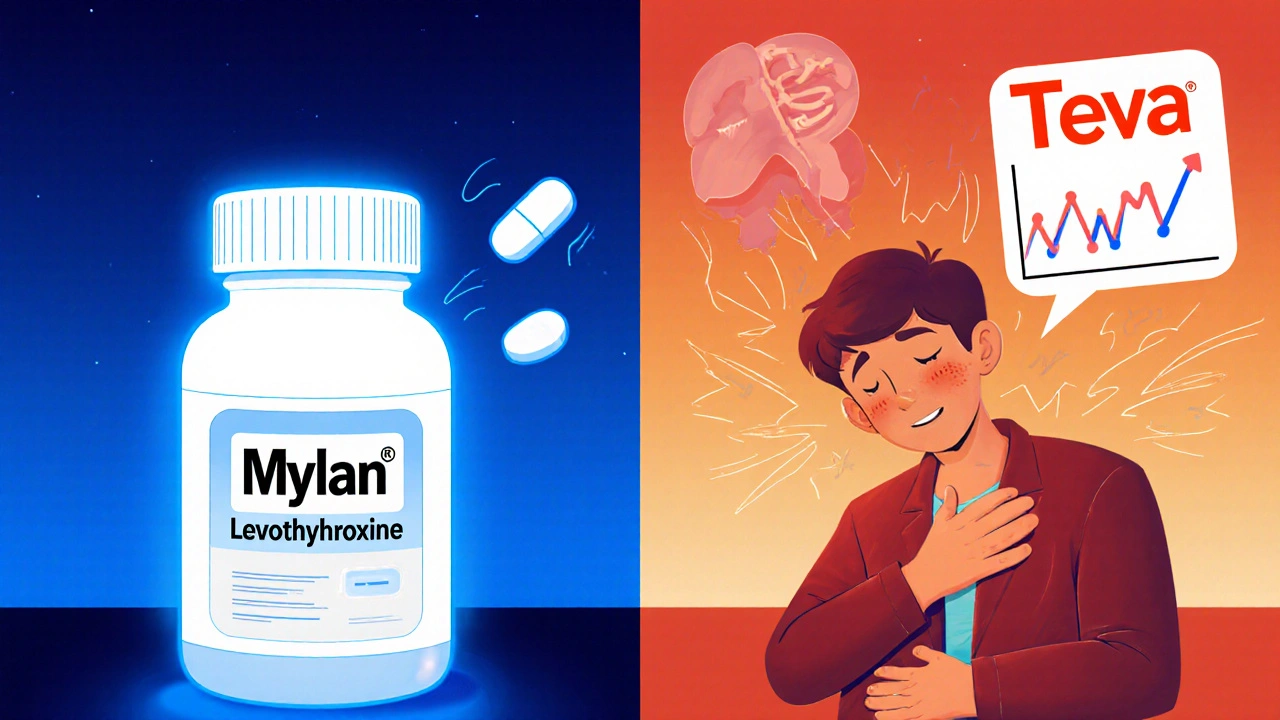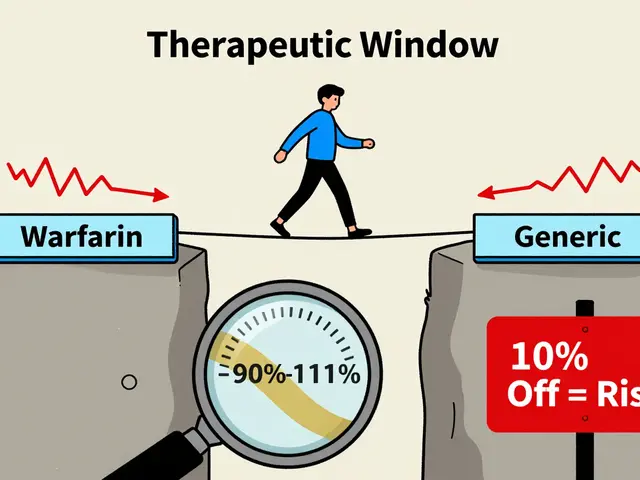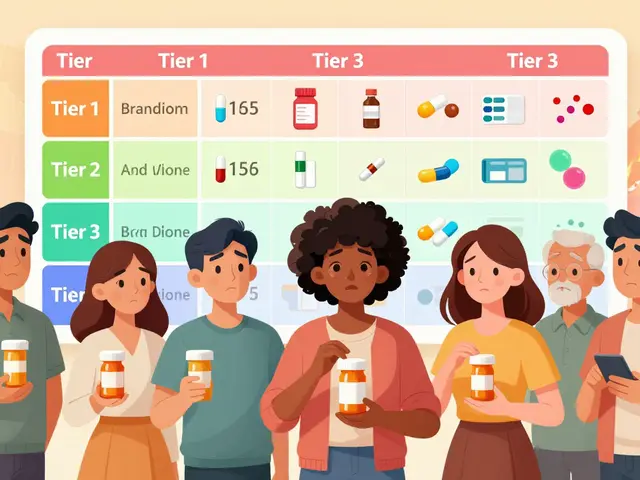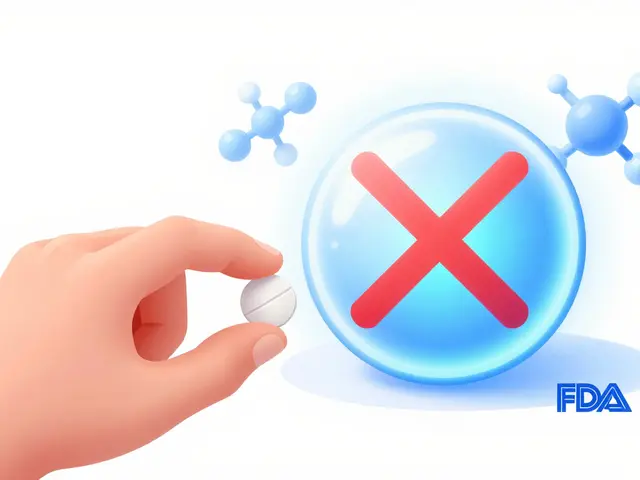TSH Monitoring: What It Is, Why It Matters, and What Your Results Mean
When your doctor checks your TSH, Thyroid Stimulating Hormone, a signal from your pituitary gland that tells your thyroid how much hormone to produce. Also known as thyroid-stimulating hormone, it’s the most common blood test used to spot thyroid problems before symptoms get serious. If your TSH is too high, your thyroid might be underactive. If it’s too low, you could be overproducing hormones. It’s not just a number—it’s your body’s early warning system.
TSH monitoring doesn’t work alone. It’s tied to thyroid hormone, the main hormones your thyroid makes—T3 and T4—that control your metabolism, energy, and mood. Doctors look at TSH and these hormones together to get the full picture. For example, high TSH with low T4 usually means hypothyroidism, a condition where your thyroid doesn’t make enough hormone, often causing fatigue, weight gain, and cold intolerance. Low TSH with high T4 points to hyperthyroidism, where your thyroid is overactive, leading to anxiety, weight loss, and a racing heart. These aren’t rare issues—millions of people live with them, and many don’t even know it.
People on thyroid medication like levothyroxine need regular TSH checks to make sure their dose is right. Too little, and symptoms come back. Too much, and you risk heart problems or bone loss. Even if you feel fine, skipping these tests can be risky. TSH levels can drift slowly over months, and you won’t always notice until something breaks. That’s why yearly checks are standard for those with thyroid disease, and why some doctors test even healthy adults over 60.
What you won’t find in a lab report is how stress, pregnancy, or certain meds can throw off your TSH. Some antibiotics, steroids, and even lithium can interfere. That’s why your doctor needs your full history—not just the number. And if your TSH is borderline, it doesn’t always mean you need pills. Sometimes, lifestyle changes or a follow-up test is all it takes.
Below, you’ll find real-world guides on how thyroid meds interact with other drugs, what foods affect absorption, and how conditions like PTSD or heart disease can complicate treatment. These aren’t theoretical discussions—they’re from people who’ve been there, tested their levels, adjusted their meds, and learned what works. Whether you’re just starting out or have been monitoring TSH for years, there’s something here that’ll help you take control.

Levothyroxine Generics: When to Monitor TSH After Switching Products
Switching between generic levothyroxine brands doesn't require routine TSH testing for most people-but those with thyroid cancer, heart disease, or prior reactions should get checked 6-8 weeks after any change.
View More




